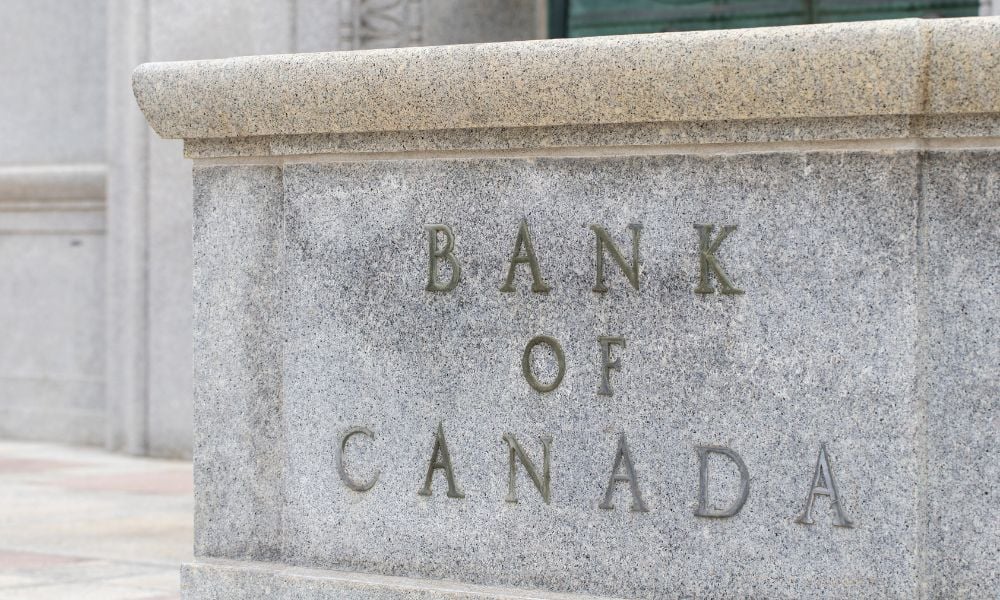The increase in asset levels has been driven by net inflows and market moves

Assets invested in globally listed smart-beta equity ETFs and ETPs have increased by more than 20% over the first nine months of the year. This has helped them reach a new record of US$644.4 billion at the end of September, according to a new report from ETFGI.
By the end of September, the US accounted for the vast majority of assets with US$571.45. Assets from Europe amounted to US$48.44 billion, while those from Canada reached US$14.40 billion. Meanwhile, the Asia-Pacific region (excluding Japan) amassed US$6.08 billion.
Flows into globally listed smart-beta ETFs/ETPs during September were healthy, reaching a record level of US$6.42 billion and contributing to a 19-month streak of new inflows. Year-to-date net inflows amounted to US$53.38 billion, exceeding the record of US$36.53 billion that was observed last year. Thanks to movements in the equity markets and net inflows, smart-beta equity ETF/ETP assets rose 21.9% in the first three quarters of 2017.
“The US market typically has performed poorest during the month of September. This year, the S&P 500 was up 2.06% in September and is up 14.24% year-to-date,” said Deborah Fuhr, managing partner and co-founder of ETFGI. “The S&P 500 Value outperformed S&P 500 Growth up 3.28% and 1.11% respectively, furthering the perception of stronger economic fundamentals.”
She noted other tailwinds, including notable September performances from the energy and financial sectors, which went up 9.94% and 5.14%, respectively; a 2.57% advance in the S&P Developed Ex-US BMI during the month; and emerging markets’ year-to-date growth of 26.95%.
At the end of September, ETFGI tallied 1,284 smart-beta equity ETFs/ETPs listed globally. These came from 161 providers, which accounted for 2,189 listings on 40 exchanges across 33 countries. The 5-year compounded annual growth rate for the segment was 31.3% — favourable compared to the 18.9% growth in market-cap products, but not as good as the 42.9% CAGR in active ETFs/ETPs.
For more of Wealth Professional's latest industry news, click here.
Related stories:
Canadian ETF industry hits new heights
Demand for low-cost funds lifts Vanguard to $4.7 trillion
By the end of September, the US accounted for the vast majority of assets with US$571.45. Assets from Europe amounted to US$48.44 billion, while those from Canada reached US$14.40 billion. Meanwhile, the Asia-Pacific region (excluding Japan) amassed US$6.08 billion.
Flows into globally listed smart-beta ETFs/ETPs during September were healthy, reaching a record level of US$6.42 billion and contributing to a 19-month streak of new inflows. Year-to-date net inflows amounted to US$53.38 billion, exceeding the record of US$36.53 billion that was observed last year. Thanks to movements in the equity markets and net inflows, smart-beta equity ETF/ETP assets rose 21.9% in the first three quarters of 2017.
“The US market typically has performed poorest during the month of September. This year, the S&P 500 was up 2.06% in September and is up 14.24% year-to-date,” said Deborah Fuhr, managing partner and co-founder of ETFGI. “The S&P 500 Value outperformed S&P 500 Growth up 3.28% and 1.11% respectively, furthering the perception of stronger economic fundamentals.”
She noted other tailwinds, including notable September performances from the energy and financial sectors, which went up 9.94% and 5.14%, respectively; a 2.57% advance in the S&P Developed Ex-US BMI during the month; and emerging markets’ year-to-date growth of 26.95%.
At the end of September, ETFGI tallied 1,284 smart-beta equity ETFs/ETPs listed globally. These came from 161 providers, which accounted for 2,189 listings on 40 exchanges across 33 countries. The 5-year compounded annual growth rate for the segment was 31.3% — favourable compared to the 18.9% growth in market-cap products, but not as good as the 42.9% CAGR in active ETFs/ETPs.
For more of Wealth Professional's latest industry news, click here.
Related stories:
Canadian ETF industry hits new heights
Demand for low-cost funds lifts Vanguard to $4.7 trillion



